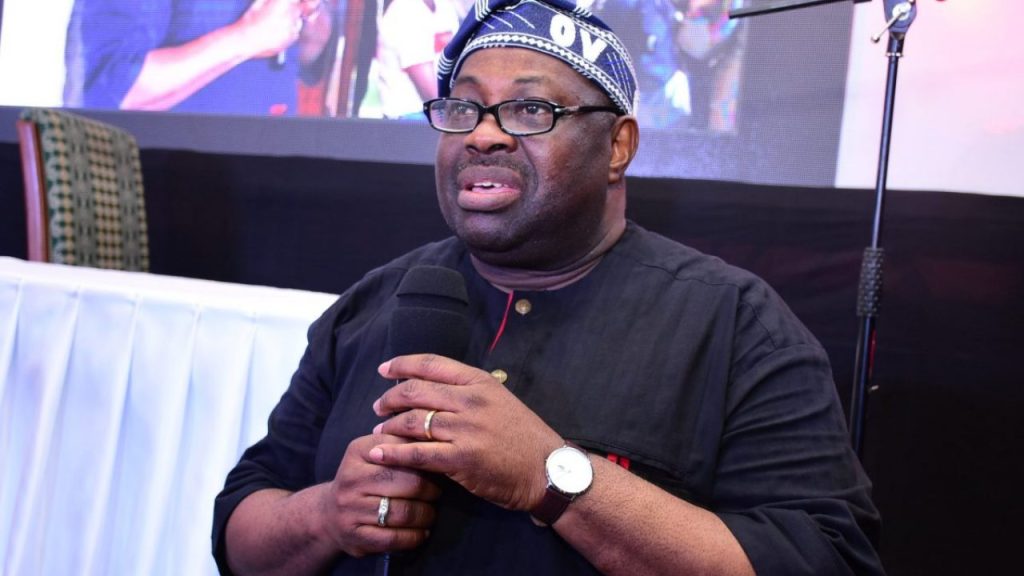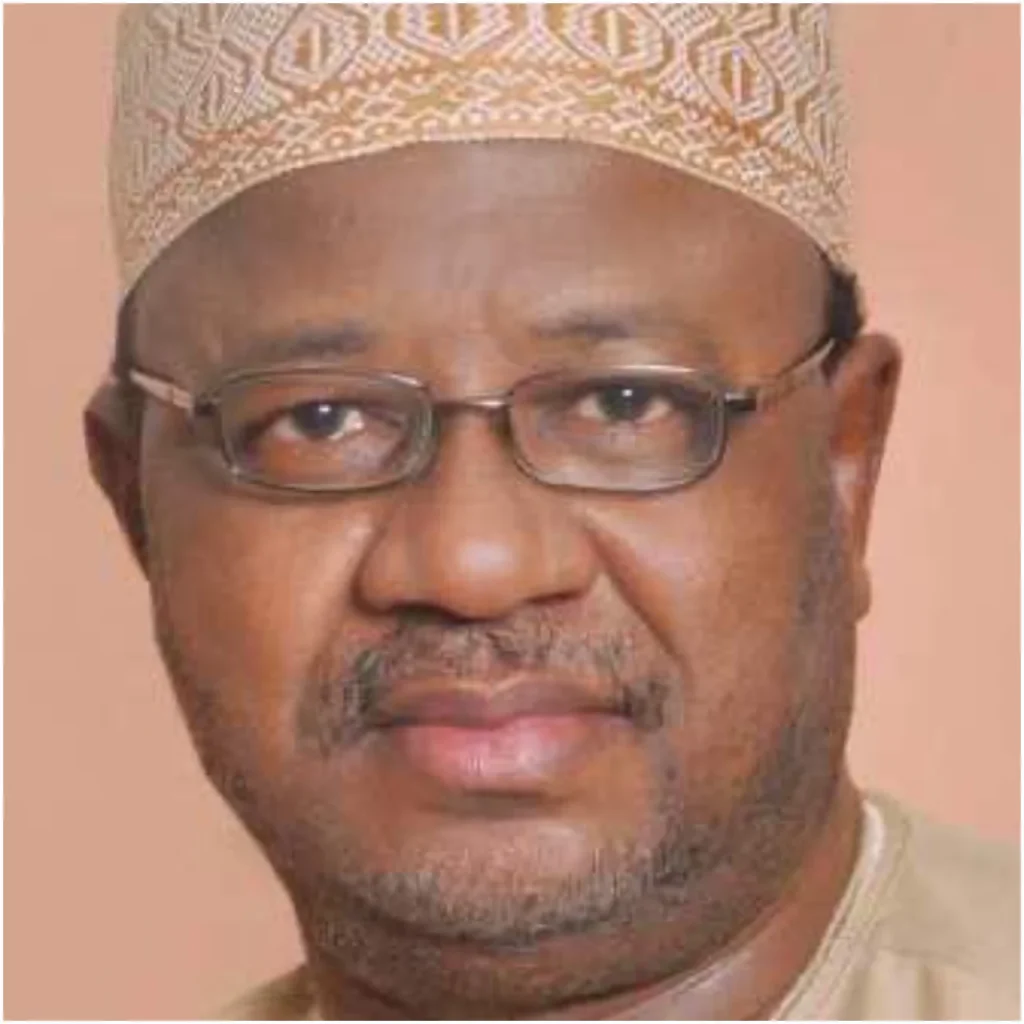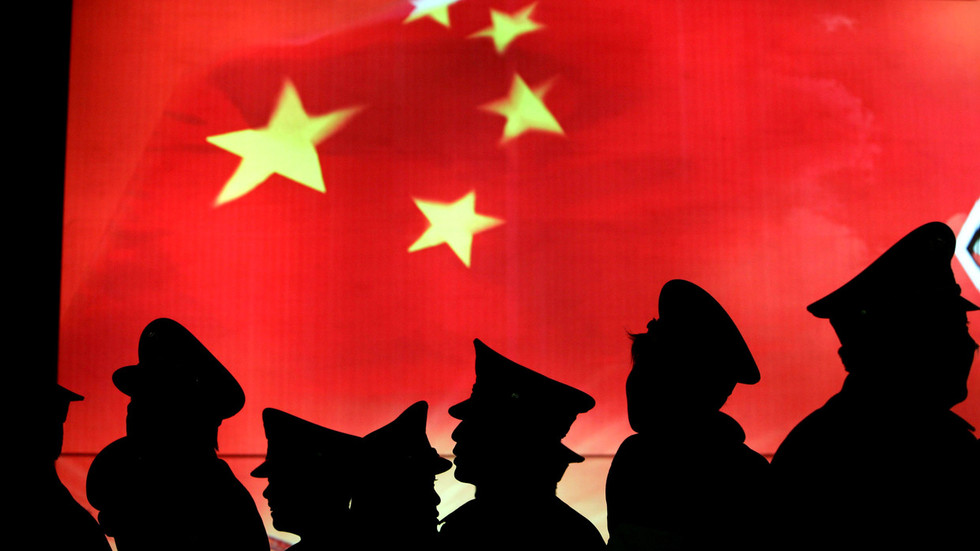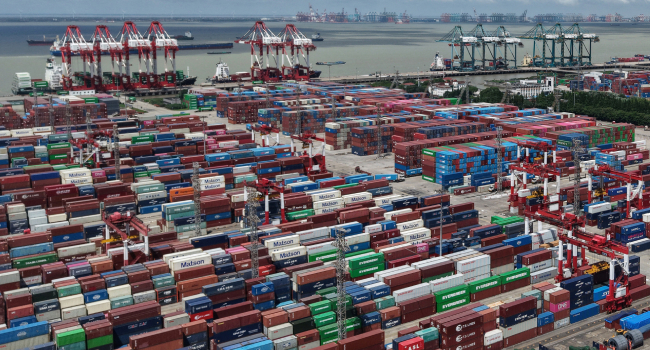Breaking News: Liberia’s National Investment Commission Embroiled in Controversy Over Railway Management
A major controversy has erupted within Liberia’s National Investment Commission (NIC) after its Chairman, Jeff B. Blibo, allegedly acted outside of his authority in a decision that appears to contravene President Joseph N. Boakai’s executive directives on the future management of Liberia’s critical railway infrastructure.
According to multiple government sources, Blibo’s actions, taken without the full knowledge or consent of key cabinet ministers, have triggered swift corrective measures from the Executive Mansion. At the heart of the controversy are letters reportedly dispatched by Blibo to ArcelorMittal Liberia (AML) and Ivanhoe Atlantic, informing the companies that the Inter-Ministerial Concessions Committee (IMCC) had "unanimously decided" to grant AML continued operational control over the Yekepa-to-Buchanan railway for an additional 25 years.
However, policymakers, including officials at the Ministry of State, were stunned by the communication, as President Boakai had publicly and repeatedly declared that the railway would transition to an independent operator model at the end of AML’s current Mineral Development Agreement (MDA) in 2030, in line with Executive Order No. 136.
The President, who has positioned rail independence as a cornerstone of Liberia’s economic future, was reportedly neither informed of nor consulted on Blibo’s action beforehand. Reliable sources within the corridors of the Executive Mansion revealed that President Boakai promptly ordered Chairman Blibo to rescind the letters sent to the companies and has summoned an emergency meeting of the full IMCC for Tuesday, May 6, over which he himself will preside.
An investigation by the Daily Observer has revealed that the meeting where the so-called decision was reportedly made was not attended by several statutory Ministers of the IMCC, including the sector Minister of Mines and Energy, Minister of Justice, and Minister of Finance. The absence of these key ministers raises fundamental questions about the legitimacy of the purported decision, especially if the Ministers were unaware or did not give any specific instructions on the matter.
The US Government has publicly expressed support for Liberia’s multiuser rail policy, viewing it as critical to fair competition and regional economic development. The miscommunication – or deliberate overreach – by the NIC chairman has raised concerns not only within Liberia’s executive leadership but also among Liberia’s development partners.
The President’s directive that Liberia’s rail infrastructure transition to a multiuser, independently managed system under the oversight of the newly created National Rail Authority was codified through Executive Order No. 136 earlier this year. The policy shift is a strategic move intended to ensure open, transparent, and non-discriminatory access to the railway system for all eligible mining companies.
Government insiders emphasized that the IMCC is a recommending body whose decisions are subject to presidential approval before being communicated to third parties. "The role of the NIC and the IMCC is to negotiate and recommend," explained one advisor. "Only the President can approve or change national concession policies."
Corrective measures are underway to reassure all concessionaires and stakeholders that the Liberian Government remains firmly committed to the principles of good governance, transparency, and fair play outlined in Executive Order No. 136. A new communication is expected to be sent to all concerned parties reaffirming the Government’s multiuser policy and clarifying the process for Liberia’s future rail management system.
The rail corridor connecting Yekepa to the Port of Buchanan remains one of Liberia’s most vital national assets, and how it is managed in the coming years will significantly shape Liberia’s mining sector, regional trade ambitions, and standing among global investors. According to Executive Mansion officials, "President Boakai’s swift intervention signals that Liberia intends to stay the course – building a more inclusive, transparent, and investment-friendly rail infrastructure for the future."



